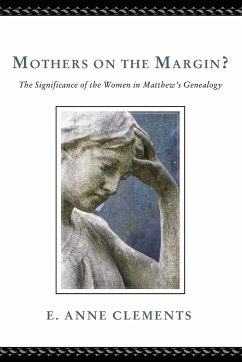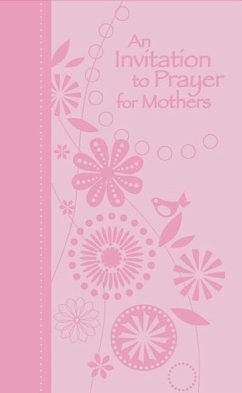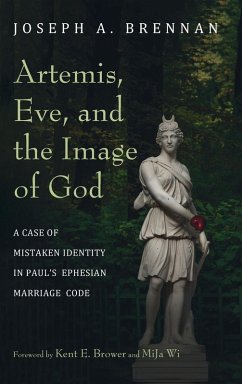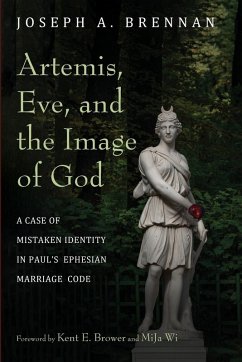Nicht lieferbar
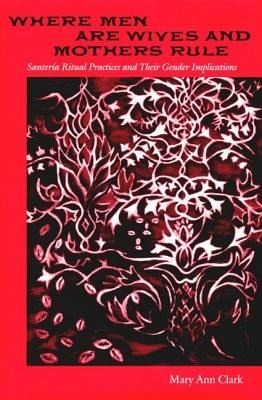
Where Men Are Wives and Mothers Rule
Santería Ritual Practices and Their Gender Implications
Versandkostenfrei!
Nicht lieferbar
While much theological thinking assumes a normative male perspective, this study demonstrates how our ideas of religious beliefs and practices change in the light of gender awareness. Exploring the philosophy and practices of the Orisha traditions (principally the Afro-Cuban religious complex known as Santeria) as they have developed in the Americas, Clark suggests that, unlike many mainstream religions, these traditions exist within a female-normative system in which all practitioners are expected to take up female gender roles. Examining the practices of divination, initiation, possession tr...
While much theological thinking assumes a normative male perspective, this study demonstrates how our ideas of religious beliefs and practices change in the light of gender awareness. Exploring the philosophy and practices of the Orisha traditions (principally the Afro-Cuban religious complex known as Santeria) as they have developed in the Americas, Clark suggests that, unlike many mainstream religions, these traditions exist within a female-normative system in which all practitioners are expected to take up female gender roles. Examining the practices of divination, initiation, possession trance, sacrifice, and witchcraft in successive chapters, Clark explores the ways in which SanterC-a beliefs and practices deviate from the historical assumptions about and the conceptual implications to argue for the female-normative nature of the religion. By arguing that gender is a fluid concept within SanterC-a, Clark suggests that the qualities of being female from the ideal of Santeria religious practice for both men and women. In addition, she asserts that the Ifa cult organized around the male-only priesthood of the habalawo is an independent tradition that has been incompletely assimilated into the larger SanterC-a complex. Based on field research done in several SanterC-a communities, Clark's study provides a detailed overview of the SanterC-a and Yoruba traditional beliefs and practices.





